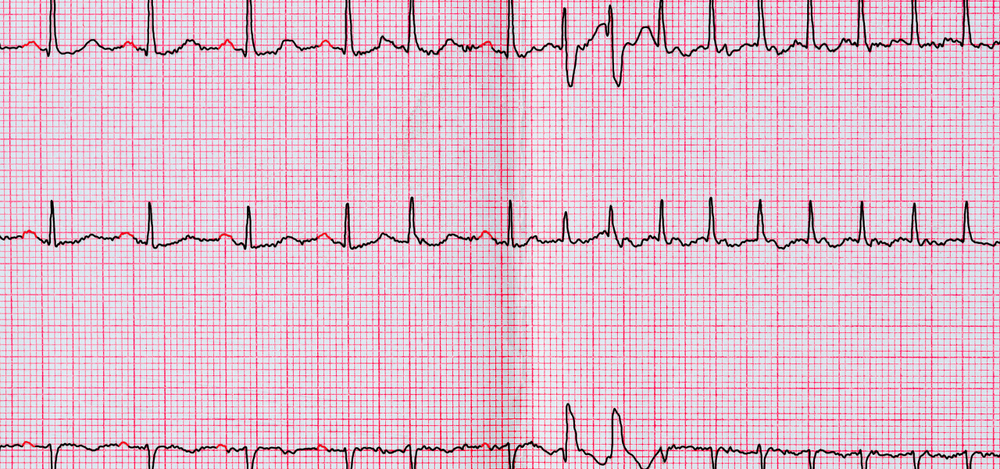Food and Fibrillation: How Your Diet Affects Atrial Fibrillation Risk

Atrial fibrillation (Afib) is a common heart rhythm disorder that affects over 5 million Americans. It’s caused by chaotic electrical impulses in the upper chambers of the heart, leading to an irregular pulse and significantly increasing the risk of stroke.
It’s also why you see so many commercials for medications like Xarelto® and Eliquis® on TV.
With Afib incidence rates expected to double over the next 30 years, the condition’s cost burden could reach $6 to $20 billion annually.
Can You Prevent Atrial Fibrillation?
The good news is that, just like high cholesterol, coronary artery disease, and diabetes, Afib can be prevented and even treated through lifestyle and dietary changes.
Conditions like obesity, sleep apnea, diabetes, and hypertension—all linked to poor diet—are risk factors for Afib. When you gain weight, it puts extra stress on the heart, causing the upper chambers to enlarge and develop fibrosis. This makes the occurrence of atrial fibrillation much more likely.
Research Supports the Role of Diet in Afib Prevention
Here’s what research has revealed about Afib and diet:
- Weight loss in animals: Trials with obese animals showed that when they lost weight, atrial fibrosis reversed, and Afib occurrence significantly decreased.
- Human trials on weight loss: Overweight and obese patients with Afib who managed their risk factors aggressively not only lost weight and improved heart health, but also experienced fewer episodes of Afib and saw positive structural changes in the heart.
- Post-ablation success: Patients who underwent ablation for Afib and followed it up with aggressive risk factor management not only normalized blood pressure and blood sugar levels, but also reported a better quality of life.
The Takeaway: Your Diet Plays a Critical Role in Managing Afib
We keep coming back to the same fundamental truth: how we live and what we eat largely determines our health outcomes. If you’re at risk for Afib because of obesity, high blood pressure, high blood sugar, or sleep apnea, addressing these food-related risk factors can help prevent Afib.
If you already have Afib, improving your lifestyle can help eliminate the abnormal rhythm or make your treatments more effective.
Even with atrial fibrillation, we have the power to heal ourselves.

Tested & Proven Results.
- Cardiologist formulated
- Supported by over 500 publications
- Clinically-proven, in a double-blind randomized trial with Mayo Clinic and The University of Manitoba
80% of participants lowered their cholesterol in just 30 days. With just two servings per day, Step One Foods offers a proven-effective way to naturally lower LDL (bad) cholesterol.
Get heart health tips and articles like this, delivered right to your email.
New articles every week.
You may also like...

Insulin Resistance, Prediabetes and Type 2 Diabetes. Part 4: Un-Doing It.

You don’t need to avoid foods with cholesterol…except for these



